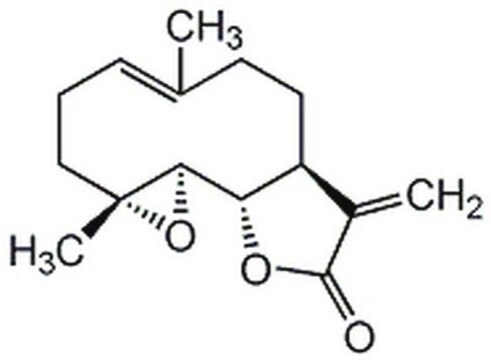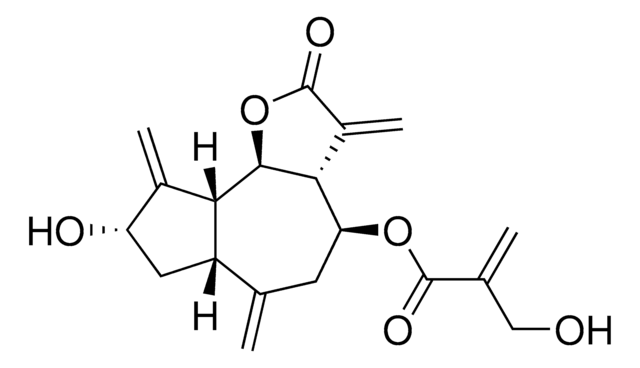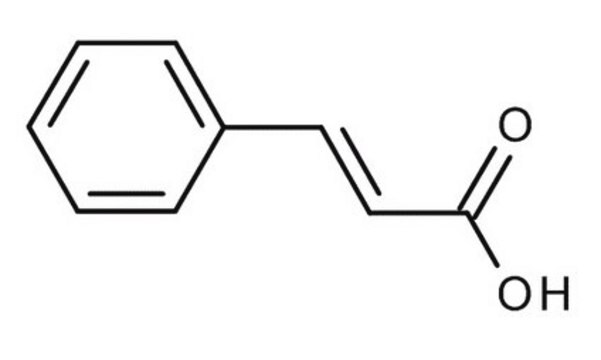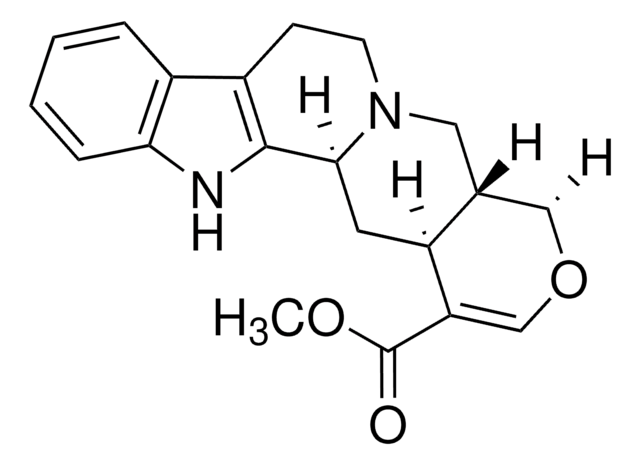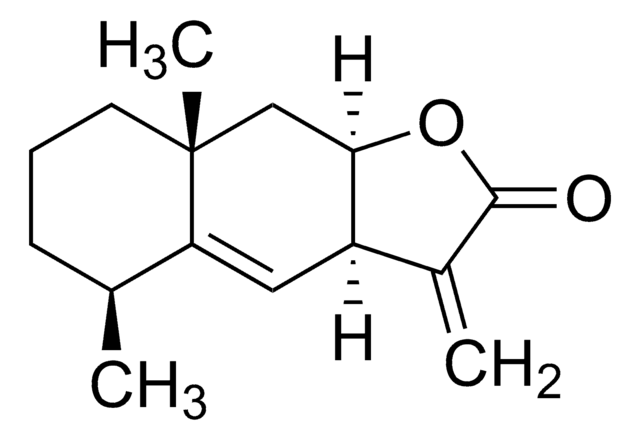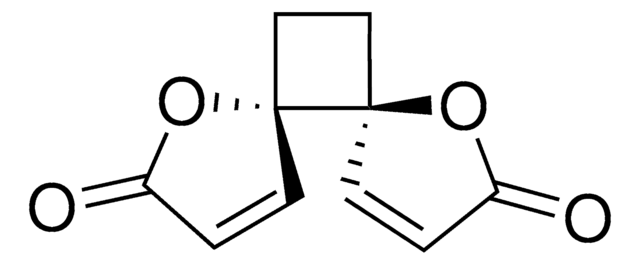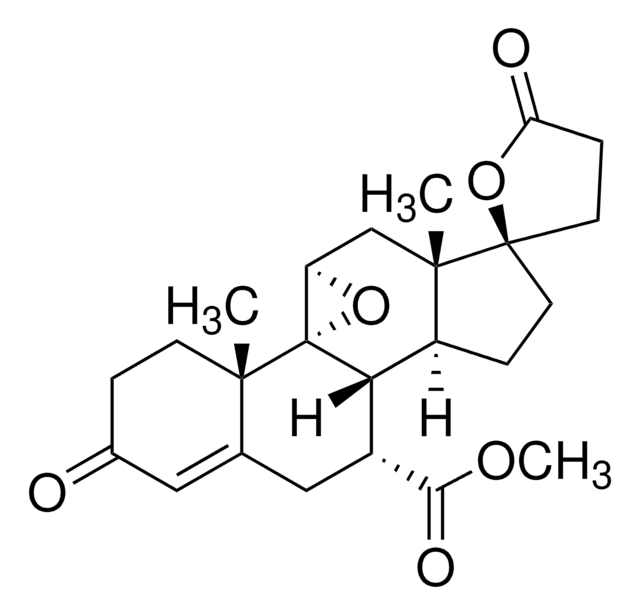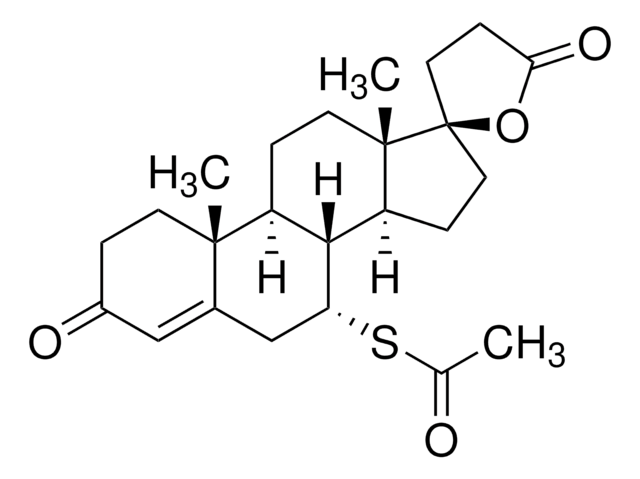About This Item
Recommended Products
biological source
plant
Assay
≥90% (LC/MS-ELSD)
form
solid
mol wt
346.37
application(s)
metabolomics
vitamins, nutraceuticals, and natural products
storage temp.
−20°C
InChI
1S/C19H22O6/c1-8-5-14(24-18(22)9(2)7-20)16-11(4)19(23)25-17(16)15-10(3)13(21)6-12(8)15/h12-17,20-21H,1-7H2/t12-,13-,14-,15-,16+,17+/m0/s1
InChI key
KHSCYOFDKADJDJ-NQLMQOPMSA-N
General description
Application
Biochem/physiol Actions
Features and Benefits
- Suitable for Biochemical and Biomedical research
- Versatile and adaptable for wide variety of laboratory and research applications
Other Notes
Signal Word
Warning
Hazard Statements
Precautionary Statements
Hazard Classifications
Skin Sens. 1
Storage Class Code
11 - Combustible Solids
WGK
WGK 3
Flash Point(F)
Not applicable
Flash Point(C)
Not applicable
Regulatory Listings
Regulatory Listings are mainly provided for chemical products. Only limited information can be provided here for non-chemical products. No entry means none of the components are listed. It is the user’s obligation to ensure the safe and legal use of the product.
JAN Code
SMB01018-1MG:
Certificates of Analysis (COA)
Search for Certificates of Analysis (COA) by entering the products Lot/Batch Number. Lot and Batch Numbers can be found on a product’s label following the words ‘Lot’ or ‘Batch’.
Already Own This Product?
Find documentation for the products that you have recently purchased in the Document Library.
Our team of scientists has experience in all areas of research including Life Science, Material Science, Chemical Synthesis, Chromatography, Analytical and many others.
Contact Technical Service